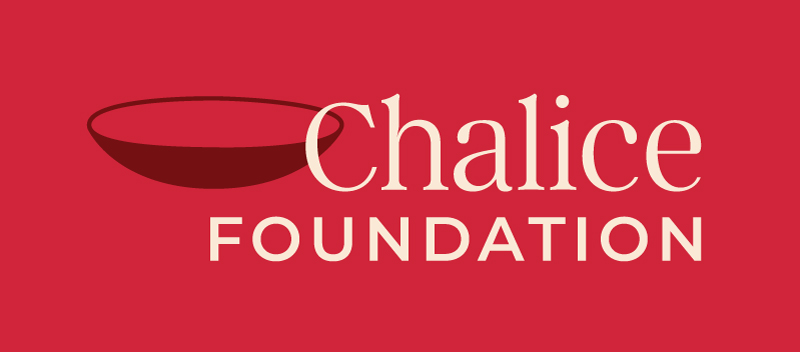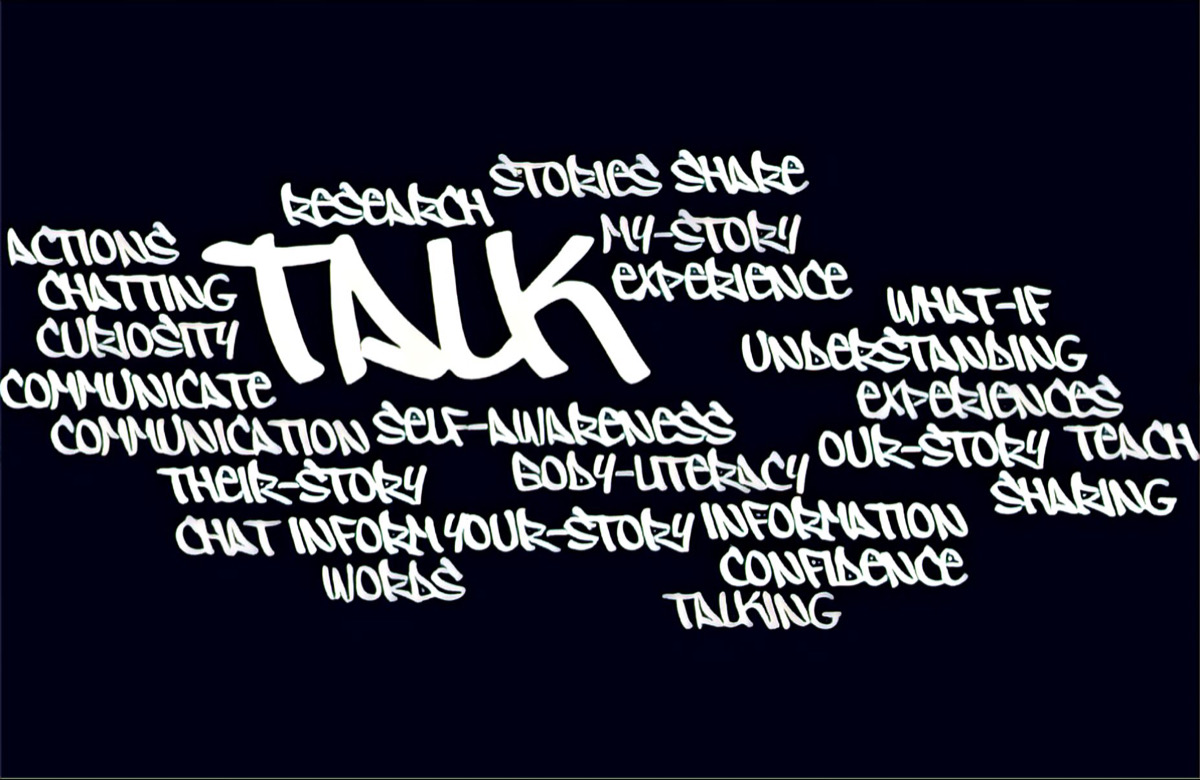Thea O’Connor is a wellbeing and productivity advisor to workplace leaders and teams and creator of the Menopause@Work training program for managers. For The Leak this week, Thea explores what she has learnt about what women want in the workplace regarding their experience of menopause.
Would you like your workplace to offer support during the menopause transition? If so, how?
These are the questions I ask mid-life working women in the one-to-one confidential interviews I’ve been conducting since late 2018. Over the last few years, articles have started to appear acknowledging that menopause has been a taboo topic in the workplace for too long and it’s time to bring it into the open. The women I have interviewed speak of a sense of isolation created by the silence around menopause, and a fear of breaking that silence, lest they be discriminated against. There’s nothing more corrosive to wellbeing than isolation, which is why I’m keen to create a culture shift.
But how do women feel about putting menopause on workplace agendas? And what exactly do they want?
Here are the three most common responses I hear in my interviews when I ask that question.
- Normalise Menopause
To date, every woman has said she wants menopause acknowledged and conversations about it normalised. Women have said to me, “End the silence that surrounds a stage of life that half of humanity goes through” and “If we could normalise this life stage and see it as utterly part of the cyclical nature of life, then we could feel much more empowered, more able to claim all parts of us at work.”
Awareness days and months can provide a reason to start talking about menopause. These include World Menopause Day (18 October), Women’s Health Week (first week of September) and Mental Health Month (October).
Some workplaces start the conversation by raising it in their organisation’s women’s network.
- Help Reframe Menopause
Most information available on the internet and from health organisations and professionals focuses on managing symptoms. This casts menopause in a negative light. When I spoke to women about this issue, the desire to replace the current paradigm came up a lot. Women want help finding the positive stories.
“Turn it into a recognised rite of passage that’s celebrated,” one woman told me. And, “Reclaim menopause as a powerful and positive process in women’s lives,” said another.
That’s why I make sure, in my manager training and staff education sessions, to mention the upsides of this life-stage. These can include a sense of authority, confidence and liberation.
- Access to Good Quality Information
Many women want to know what they can do to help themselves when going through menopause, but find it hard to find good quality information.
A number of women said a lack of information meant they didn’t know that the symptoms they were experiencing were due to perimenopause. Thinking they were simply tired and stressed, these women didn’t seek help and as a result their health and productivity suffered.
Curating quality information and making it readily available to employees is an easy place to start. Lara Briden’s Hormone Repair Manual, Natural Fertility Management and Jean Hailes Foundation for Women offer current, evidence-based educational material. The Victorian Women’s Trust also surveyed menopausal women about their experiences, published in About Bloody Time: The Menstrual Revolution We Have to Have.
Don’t assume men won’t be interested either. They often want to understand what’s happening with their wives, partners, friends or relatives.
A comprehensive study conducted by La Trobe University involving about 2000 women explored what else women want workplaces to do. They found similar themes to me, with one very important qualification – individual women don’t want to be put in the spotlight.
“I don’t want to be the poster girl for menopause”, one employee said to a manager who was undergoing my training program.
Instead, women wanted menopause support to be part of a broader approach to creating an inclusive culture for both genders.
The La Trobe research also found that women wanted:
- Training for managers and other key personnel so if an employee does want to raise it, managers will feel equipped to have a constructive, comfortable conversation, exploring the reasonable adjustments that can help a woman manage her health and her workload.
- Awareness that women’s experience of menopause is incredibly diverse (20 per cent don’t experience any symptoms at all) so it’s important not to make assumptions about what someone might be experiencing.
- Menopause sensitive policies. An example of this would be flexible working policies naming menopause as a valid reason to access flexible work practices.
Despite what our research has shown about what women want, debate on this topic is likely to persist for some time yet. Some women are concerned that menopause support in the workplace is a regressive step that will fuel discrimination based on biology.
British politician Ann Widdecombe, who served as a Tory MP for 23 years, said in a recent article in the The Daily Mail, “We seventies feminists gained equality by operating like men. Now women are saying that, because of their biology, they have difficulty carrying out their duties. We asked for a level playing field, not for it to be tilted to our advantage. All we fought for is being betrayed.”
I believe there is no deeper betrayal than denying our bodies. Keen to know what others think, I put Widdecombe’s concern back to my interviewees and asked them – do you think this will make things worse for women in the workplace?
“How will it make things worse if education and support helps you manage your work better?” said one public sector executive director of people and culture.
“Working unsupported and untreated, that is what risks damaging a women’s professional brand.”
We are so grateful for Thea’s insight and expertise on the topic of women’s experiences of menopause at work. The next Menopause@Work training programs starts in July 2021. For a free copy of Thea’s report: Working Through Menopause: Women’s Experience go to thea.com.au/menopause

Thea O'Conor
Over the last 20 years Thea's work has spanned nutrition, body image, workplace health and sleep science, in the forms of 1-1 consultations, prevention and early intervention initiatives in schools and workplaces, conference presentations and writing for national media outlets.


